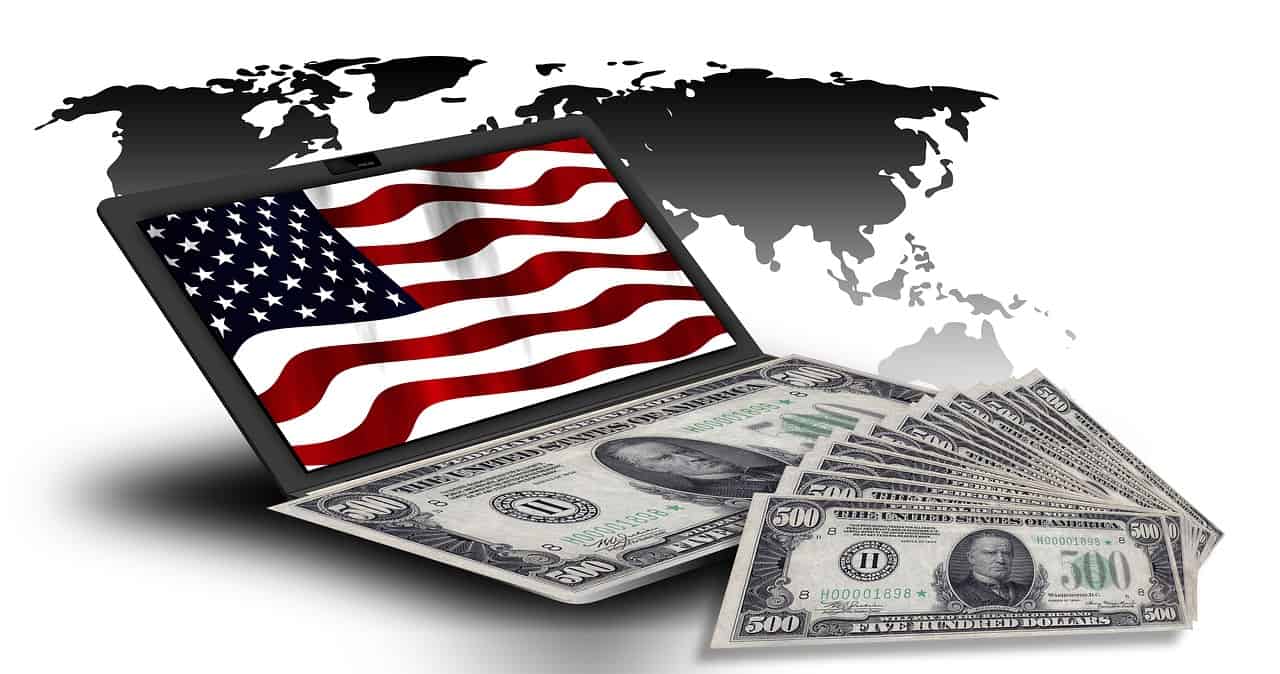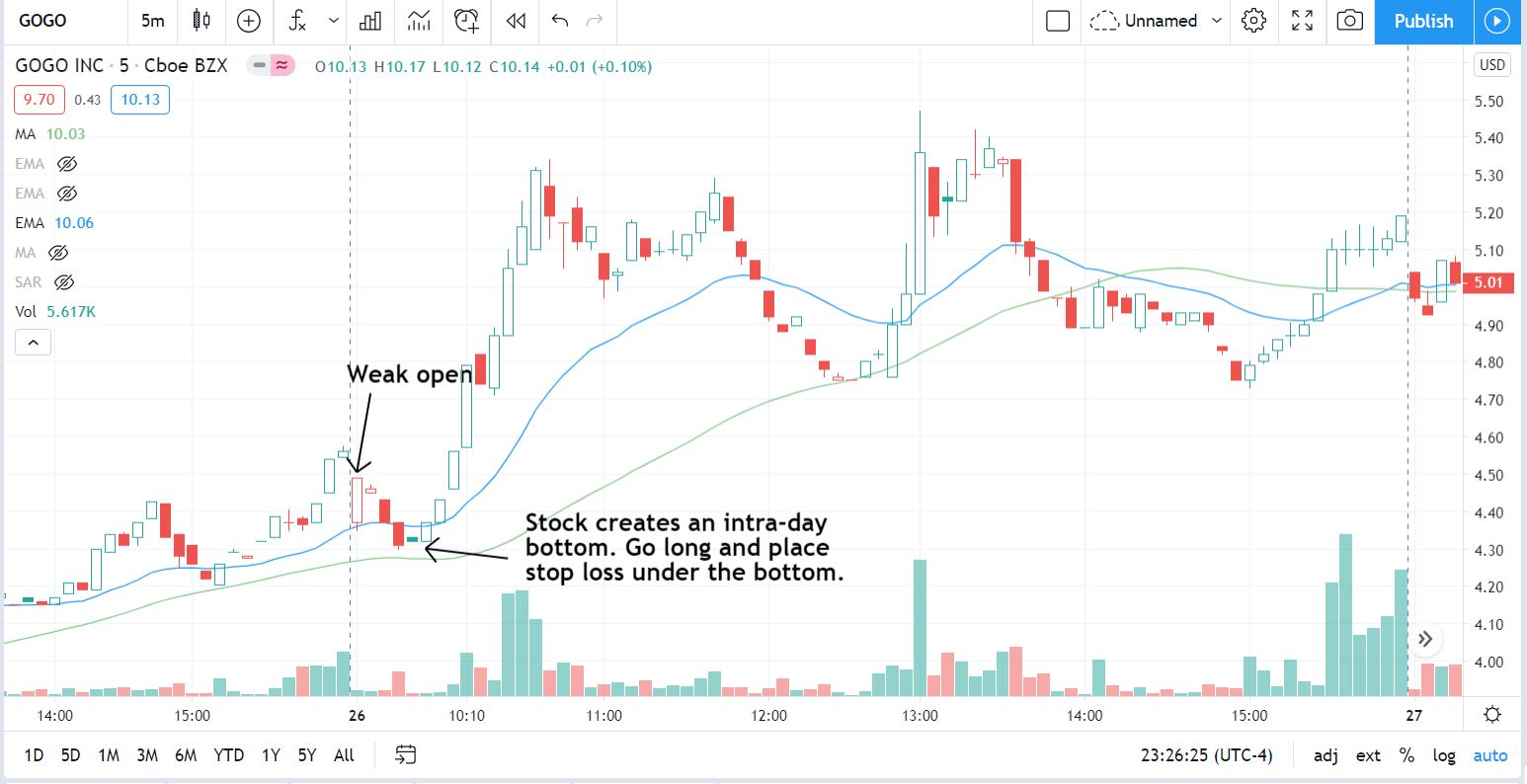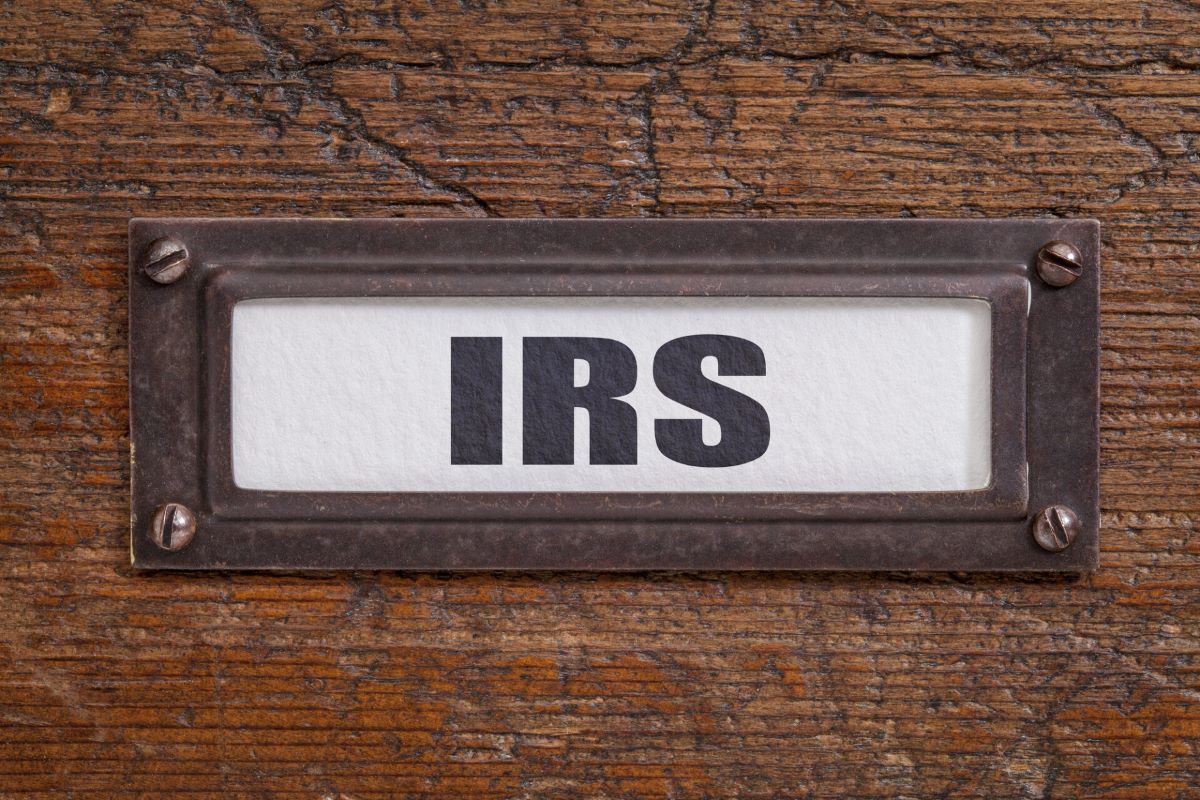

Finance
Green Levy Definition
Published: December 2, 2023
Learn the definition of Green Levy in finance and how it impacts businesses. Discover how this financial term affects sustainable practices and environmental initiatives.
(Many of the links in this article redirect to a specific reviewed product. Your purchase of these products through affiliate links helps to generate commission for LiveWell, at no extra cost. Learn more)
Understanding the Green Levy: A Sustainable Solution for Our Planet
Welcome to our Finance category, where we delve into various aspects of the financial world. Today, we’ll be discussing an important topic that has gained significant attention in recent years – the Green Levy. If you’re wondering what this term means and how it impacts our economy and planet, you’ve come to the right place. In this blog post, we’ll define the Green Levy, explore its benefits, and discuss its implications for a sustainable future.
Key Takeaways:
- The Green Levy is a government-imposed charge on industries that produce high levels of pollution.
- Its purpose is to incentivize businesses to adopt cleaner and more sustainable practices.
Defining the Green Levy
The Green Levy, also known as the Environmental Levy or Eco-Tax, is a financial mechanism used by governments to encourage businesses to reduce their negative impact on the environment. It is essentially a tax or surcharge imposed on industries that produce high levels of pollution or consume non-renewable resources.
The concept behind the Green Levy is simple yet powerful. By levying charges on companies with higher environmental footprints, governments aim to make these industries more accountable for their actions. This financial pressure incentivizes businesses to invest in cleaner technologies, adopt sustainable practices, and reduce their carbon emissions. In essence, the Green Levy serves as a powerful tool for transitioning towards a greener economy and combating climate change.
The Benefits of the Green Levy
1. Environmental Impact: The primary benefit of the Green Levy is its positive impact on the environment. By imposing charges on industries that pollute excessively, it motivates companies to make greener choices. This leads to reduced carbon emissions, lowered pollution levels, and a more sustainable approach to production and consumption. Ultimately, it helps to protect our planet and preserve our natural resources for future generations.
2. Economic Incentives: The Green Levy also provides economic incentives for businesses to adopt sustainable practices. By levying charges, governments create a financial burden for companies that continue to pollute. This prompts industries to invest in cleaner technologies and innovation, stimulating growth in sustainable sectors. Furthermore, businesses that actively reduce their environmental impact can benefit from tax incentives and rebates, further motivating them to go green.
The Road to a Sustainable Future
The Green Levy represents one of the many tools available to transition the global economy towards sustainability. Its implementation requires collaboration between governments, businesses, and consumers, necessitating a collective effort to drive change. By promoting cleaner practices and reducing pollution, the Green Levy paves the way for a greener future, where economic growth is harmonized with environmental preservation.
In conclusion, the Green Levy is a powerful financial mechanism that aims to combat climate change and promote sustainability. It holds industries accountable for their environmental impact, encouraging them to adopt cleaner practices. By incentivizing greener choices and innovation, the Green Levy helps pave the way towards a more sustainable future. Let’s embrace this initiative and play our part in building a better world for all.














